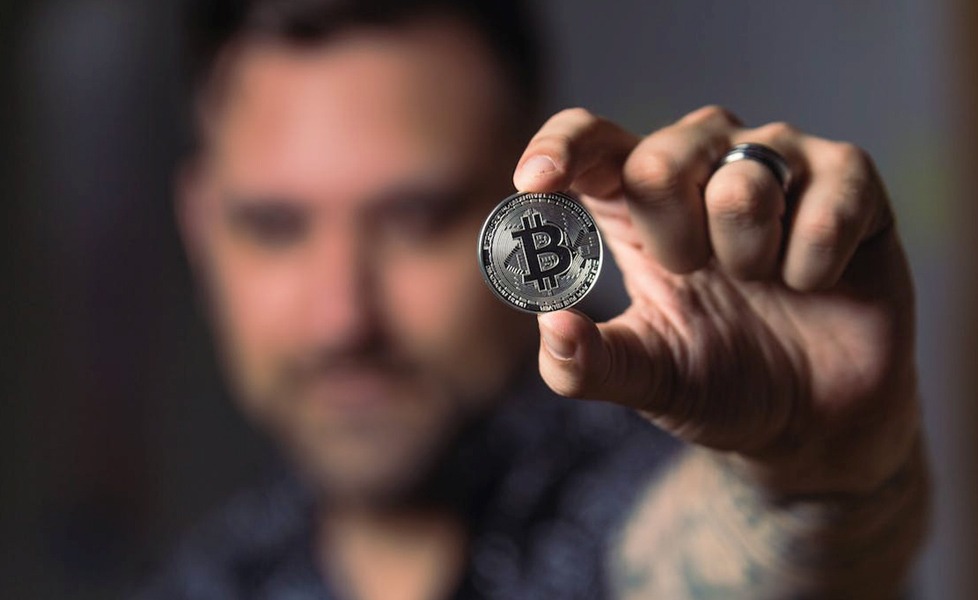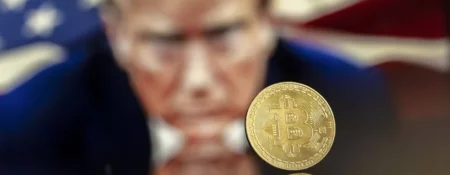
The United Arab Emirates has emerged as a leading cryptocurrency and blockchain hub, attracting significant interest from retail and institutional investors alike. The country’s crypto-friendly policies, technological infrastructure, and business-friendly environment have supported the rapid growth of crypto asset trading activity. However, proper regulatory oversight is required to ensure investor protection, market integrity, and long-term sustainability of the industry.
The UAE is home to several cryptocurrency exchanges that allow users to trade major cryptocurrencies like Bitcoin and Ethereum against the UAE Dirham. Top global exchanges have also set up operations in the country to tap into the region’s high crypto adoption rates. The Dubai Multi Commodities Centre (DMCC) was one of the first freezones in the UAE to establish a comprehensive crypto regulatory framework to attract crypto businesses and encourage online trading in UAE.
The UAE is also making significant investments in blockchain development, with the smart Dubai initiative supporting the development of blockchain solutions across various economic sectors. All this creates a vibrant ecosystem for crypto trading in the country.
The country’s stable economic growth, high per capita income, tech-savvy and globalized population, and increasing institutional participation make it an attractive destination for crypto investment. Financial freezones like the Abu Dhabi Global Market (ADGM) have introduced various initiatives like virtual asset framework and regulatory sandbox to enable innovation.
In April of this year, the SCA took over the regulation and supervision of cryptocurrencies in the UAE. This allowed companies hoping to provide cryptocurrency services to submit applications.
The ambiguity around the legality of cryptocurrencies can create confusion amongst market participants. Freezones like the DMCC and ADGM have come up with various frameworks, but there are also risks around Anti Money Laundering (AML) and Countering Financing of Terrorism (CFT) compliance. Crypto businesses can be exposed to threats of hacking, fraud and manipulation. As such, the Central Bank of UAE recently issued guidance on cryptocurrencies, which takes Financial Action Task Force (FATF) standards into account.
The new rules related to cryptocurrency trading are a work in progress and there are likely to be ongoing changes as time goes on. More institutional oversight would be positive and attract greater foreign crypto investments into the country. However, many companies hoping to offer cryptocurrency services in Dubai, one of the emirates, have been put off by the expensive application fee, which at 100,000 dirham, is fairly substantial. In addition, paying the application fee doesn’t guarantee acceptance, and there are other fees to be mindful of.
The UAE crypto ecosystem has shown impressive growth thanks to the country’s blockchain and virtual asset initiatives. Crypto trading volumes have surged as exchanges target retail & institutional investors through innovative crypto products. However, the current exuberance needs to be balanced with sensible regulations for long-term sustainability.
As crypto adoption increases, authorities have to focus on risks around money laundering, consumer protection and preventing speculative bubbles. Overall, the outlook remains optimistic, and with the right policies, the UAE can cement its position as global crypto trading hub. But regulators and businesses need to work together to unlock the full potential while minimizing downside risks.



